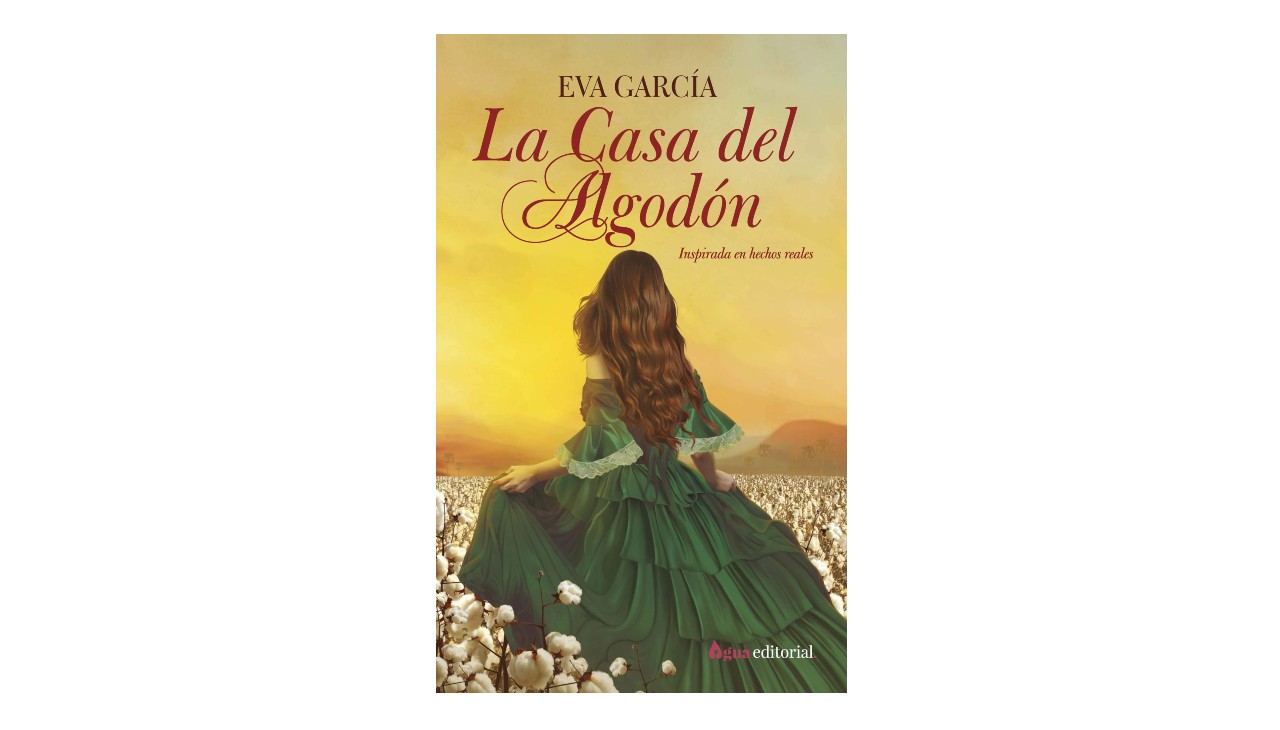
Isabel Barreto, Spain's first woman admiral
'La Casa del Algodón' ('The House of Cotton') is a historical novel inspired by the story of Isabel Barreto, a woman admiral in the navy of Philip II.
In Spain, there is an association called The Legacy, dedicated to highlighting the transcendence of Spain's historical and cultural contribution in the United States with the aim of fostering and promoting ties between the two countries. Its director and founder, Eva García, dedicates part of her time to communication and protocol tasks for several defense institutions, such as the Naval Museum of Madrid, which held an exhibition in 2015 that captivated her: "No fueron solos" ("They were not alone"): "Mujeres en la conquista y colonización de América" ("Women in the Conquest and Colonization of America").
The exhibition showcased the stories of 30 women who accompanied Columbus on his third voyage and mentioned the 300 women who arrived in Santo Domingo in the first quarter of the 16th century. It also highlighted that women made up almost a third of the passengers embarked bound for the Americas between 1560 and 1579. Among those women was Isabel Barreto, Spain's first female admiral, and her story was captivating.

"I couldn't believe that we didn't know her, that we weren't told her story in textbooks in high school or college," she explained in a recent interview at Casa America following the publication of her first book, La Casa del Algodón (The House of Cotton), a historical novel based on the true story of this woman, who was an admiral in the Navy of Philip II.
Isabel Barreto, according to the author, is an "intrepid Galician who moved with her family to Lima, Peru, and had was "a great adventurous spirit."
RELATED CONTENT
"She did things that most women today wouldn't be able to do, so she was my source of inspiration," Barreto continued.
From Peru, Barreto led a complex naval expedition and inherited the title of governor of the Solomon Islands, although she never set foot on them. The expedition, organized by her husband, Admiral Mendaña, set sail on June 16, 1595, from the port of Paita, in the viceroyalty of Peru.
At first, the fleet discovered the Marquesas Islands. Later, during their stay in the Santa Cruz Islands, Mendaña died of malaria and Isabel ended up taking command of the expedition, which could not be completed due to a rebellion by the natives. Isabel then decided to set course for the Philippine Islands, where she arrived in February 1596. In the Philippines, she remarried General Fernando de Castro, and together they organized an expedition that took them first to Acapulco (today Mexico) and then to Guañacos (today Argentina).
"I wanted her story to serve as inspiration for the women of the Ponce de Villasanta family, the saga of women starring my book," explained García. "The narrator of the book, Sara, mother, daughter, wife and tireless warrior, with an unwavering spirit of self-improvement, starts to rummage through boxes and documents hidden in the attic of her house and will make us navigate through the reign of Philip II, we will face the invading English, we will learn more about the Age of Enlightenment and the American War of Independence, we will meet the French Revolution head on..."
"Culturally in Spain we do not pay much attention to our history. We lack referents, especially women referents. It's a shame that we have them in oblivion, that they are stories covered in dust, nothing more," García told Casa América.
She hopes that telling Barreto's story "will be a revulsive, a paradigm shift to awaken interest in real stories of women with such incredible feats as hers."











LEAVE A COMMENT:
Join the discussion! Leave a comment.